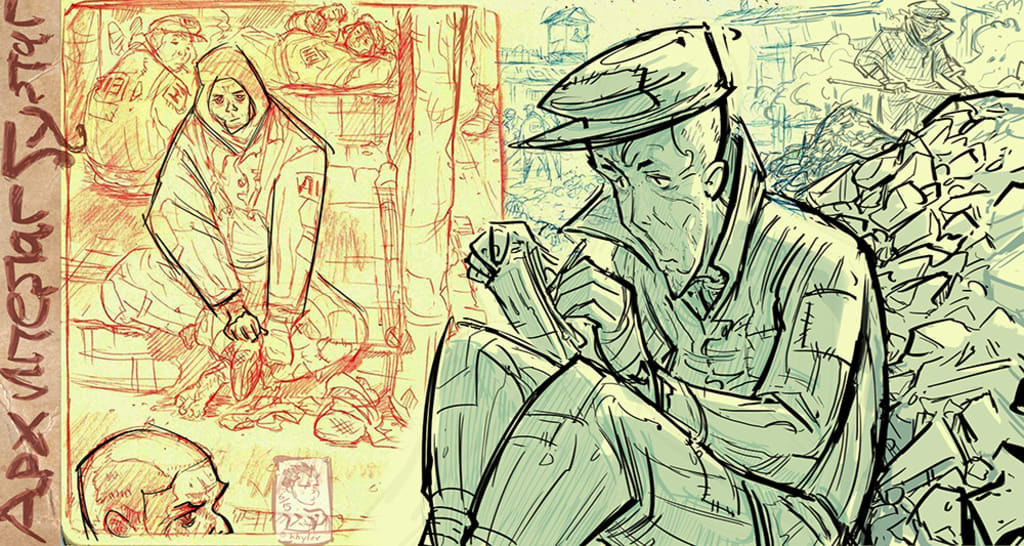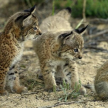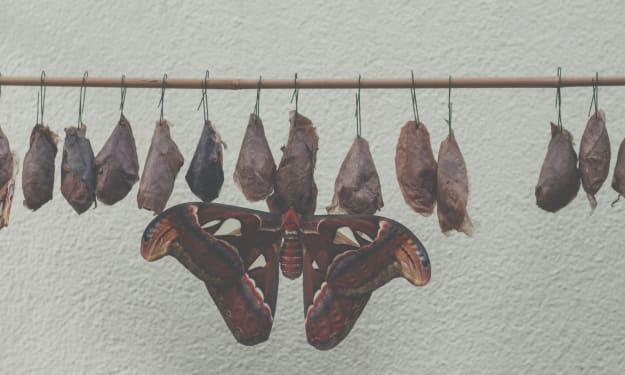The GULAG Archipelago
Solzhenitsyn's book that had a profound impact on me

I've lived long enough now to feel that books rarely change me. Probably the last one was Angela's Ashes by Frank McCourt that I read in 2004 or 2005, early in my doctoral program. Even then I wouldn't say that it changed me as much as it shook me in realization that human history was full of misery and suffering universally until quite recently and that we are probably living in the best human times in terms of life's comfort and personal security. And it all is incredibly fragile.
That said, there were a lot of books that have literally changed me in young adulthood, when Gorbachev's perestroika started and we received the flood of literature, both Soviet and Western, that had been banned in the Soviet Union. I will never forget the profound impact that Orwell's 1984 and Camus' The Stranger had on me as a university student. But the book that changed and turned me from a patriot into a dissident at the time was Solzhenitsyn's The GULAG Archipelago.
There were so many things that the book opened for me: historical facts and the full context and scale of Stalin's GULAGs (labor concentration camps) that everyone in my family knew about but never discussed. This, despite the fact that we had two people in the family - my great uncles - who suffered in them directly as "traitors of the Soviet people" because they had been drafted into the infantry of Gen.Vlasov who surrendered his entire army to Nazis in 1942. My great uncles never talked about their experiences, even after they were fully rehabilitated in late 1980s. Khruschev's exposure and de-culting of Stalin as the leader of the Soviet State in the 196os did not result into the full revision of the Soviet history regarding GULAGs: KGB stayed strong and de facto running the country. Information about GULAGs that had been set up and run by KGB was considered discrediting the Soviet ideology, their discussions were still a tabu well into mid-1980s. Solzhenitsyn experienced this first hand when, after The Achipelago's first installment was published in 1973 in Western Europe, in 1974 he was stripped of the Soviet citizenship as a traitor and dissident and deported to Western Germany.
The first Soviet publication of the book in its entirety happened in 1990, when I was a young and impressionable student of English and foreign literature. I remember I gobbled it up in 3-4 nights (I was studying during the day and had a night job), taking short breaks to process the unimaginable cruelty described in the book, and to stop crying. I could vividly picture Solzhenitsyn living through all that nightmare trying to remember the details (he himself was in the GULAG system from 1945 to 1953 and got rehabilitated only in the 1960s). He was taking meticulous mental and physical notes of experiences of and interactions with 267 people he met in the GULAGs and included into the book as its characters.
While reading the book, I was constantly asking myself how people (esp. camp supervisors and administrators) could be so cruel to other human beings. The whole GULAG system was designed to break and kill people with hard labor, denial of medical care, severe cold exposure, and systematic starvation, and there was an entire army of people who worked for and administered the camps. "How could they just watch other people die slowly in the system?" I kept asking myself. Solzhenitzyn had the answer before the words "dehumanization" and "othering" entered our lexicon: You think of them as your enemies who are bent on destroying your and your children's lives. He also had deep reflections about the nature of human evil and how as human beings we straddle the line between the good and the evil all the time. That really changed my understanding of humans and what they are capable of doing to each other, even in our modern times.
I will leave you with one of the most profound quotes from the book about evil dwelling among and within us: “If only it were so simple! If only there were evil people somewhere insidiously committing evil deeds, and it were necessary only to separate them from the rest of us and destroy them. But the line dividing good and evil cuts through the heart of every human being. And who is willing to destroy a piece of his own heart?”
About the Creator
Lana V Lynx
Avid reader and occasional writer of satire and short fiction. For my own sanity and security, I write under a pen name. My books: Moscow Calling - 2017 and President & Psychiatrist
Reader insights
Outstanding
Excellent work. Looking forward to reading more!
Top insights
Excellent storytelling
Original narrative & well developed characters
Eye opening
Niche topic & fresh perspectives






Comments (6)
Great story nice I like it
Humans are worst than animals. Humans are the monsters. Even animals have more humanity than humans. That quote at the end was so deep and eye opening!
Excellent discussion. The quote at the end was thought provoking too. Not a book I've ever leaned towards reading - I know it's a big one - but I've discussed the Gulag with my husband who read an historical book on it and know the history. I often think about humanity's propensity to do good or evil and how we can be manipulated to think a certain way.
The thought is scary. I don’t know how people can be so evil either. Great work!
Wow. I hesitated to read this because I don’t have a strong grasp on the history of the Soviet Union and East/West Germany. But I am glad I read it anyway. There is so much we take for granted and humans are capable of extraordinary deeds on both sides of the spectrum. Thank you for sharing your experience with this important work.
I love the quotation you end with, very thought provoking. The problem being all people are capable of atrocities and you can't really isolate "evil" from everything else. Great work!